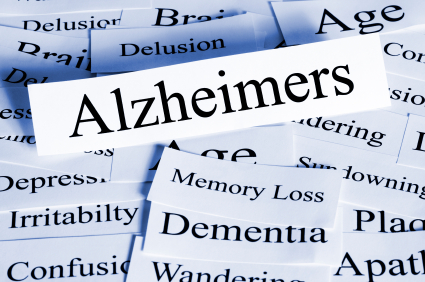 There have been various studies conducted over the years to treat Alzheimer’s disease. The purpose of this article is to collate 8 such studies and present to you the studies and researches on a cure for Alzheimer’s disease over the years.
There have been various studies conducted over the years to treat Alzheimer’s disease. The purpose of this article is to collate 8 such studies and present to you the studies and researches on a cure for Alzheimer’s disease over the years.
- Mental actions, for example actively playing a musical instrument or learning another language may improve intellectual skills based on a research by a team from Emory University Med School. Those who are much better educated or even more intelligent are not unlikely to build up dementia, but it might be that their brains are able to much better compensate or cope with it better.
- Several instances of Alzheimer’s disease could be avoided through physical exercise, in accordance with a study carried out at Ontario Brain Institute. Scientists discovered physically energetic sixty five year olds had been 38 % less likely to build up the disease compared to those who do no physical exercise. Keeping fit might reduce an individual’s risk of dementia by up to 45 %.
- One research attributed vitamin E with preventing Alzheimer’s disease. People above 65 with higher levels of the e vitamin (from nut products, seeds as well as olive oil) had been not as likely to build up the disease up to 44 % compared to those with less Vitamin E in their blood, the Ageing Centre of Stockholm’s discovered.
- Crosswords, puzzles as well as mental workouts result in lower build-up of brain plaques that may lead to Alzheimer’s disease.
- Omega-3 present in fish may help prevent Alzheimer’s disease. Researchers from Columbia Univ. NY found bloodstream amounts of beta-amyloid proteins was reduced in those with diet programs rich in omega-3.
- Studies have shown moderate consumption of wine can reduce the danger of Alzheimer’s disease. Researchers from Loyola University Chicago figured moderate drinking reduced the chance of dementia and intellectual impairment through up to 23 %. It may be because alcoholic beverages raise HDL cholesterol levels (small quantities of alcoholic beverages might also make cognitive abilities fitter).
- Feeling lonesome might lead to Alzheimer’s disease, based on a study. Researchers in the VU Univ. Medical Centre, Amsterdam found people who felt lonesome were a lot more than twice as prone to develop Alzheimer’s disease as well as other dementias compared to those who didn’t. Some get affected with dementia soon after their spouse passes away.
- There are worries that high amounts of aluminum may contribute to Alzheimer’s. Research at Keele Univ. discovered that just 1 liter of silicon-rich drinking water a day assisted in preventing additional decline within people with Alzheimer’s disease by getting rid of aluminum in their bodies.


 Cart : 0 items - $0.00
Cart : 0 items - $0.00










